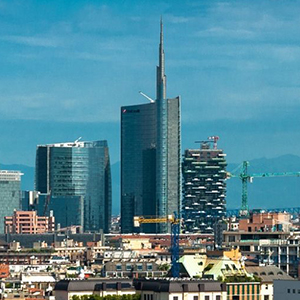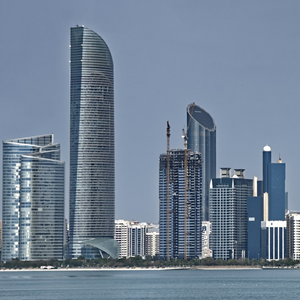

On 31 January 2020 the UK has left the European Union but there remains a lack of clarity about what the UK’s future relationship with the EU will look like.
Under the terms of the “divorce agreement”, a transition period, due to end on 31 December 2020, has begun, with the aim to keep most arrangements temporarily in place while allowing time to negotiate the UK-EU future relationship applicable from 1 January 2020. The transition period may be extended by mutual agreement by up to two years if it is requested before 30 June 2020, however the British government has already ruled out this option.
The idea, from the British point of view, was also that of using this interim period of time to negotiate new trade agreements with other non-EU countries, the United States above all.
However, just few days after the United Kingdom’s departure from the European Union, the World Health Organisation labelled the novel coronavirus outbreak “a pandemic”: an unpredictable event that put the Brexit talks on hold.
With Europe now the epicentre of the Covid-19 pandemic, the focus of politics has dramatically changed; nevertheless, Brexit will soon, almost certainly, make front page headlines again, with a “No-trade agreement” still an option, and the UK potentially becoming a “third country” to the EU.
One of the consequences of the pandemic outbreak, has been predicted, will be the end of globalisation as we know it now, with a new State-centric approach to life and business. Globalization, undoubtedly, has had a detrimental effect to the UK manufacturing sector; will the end of it see a resurgence in British production, once the pandemic is over and Brexit is done and dusted?
The pandemic, for sure, will accelerate the process of digitalization (from smart working to video calls and meetings to e-commerce of goods) that was already underway in the global economy.
Where it will also pull the break on globalisation and burst the domestic production, encouraging customers to “buy local”, highly depends on how long the emergency lasts. It will raise questions on the idea of the world as one big marketplace, but will it revert globalisation permanently? Probably not if the pandemic is over by the end of the year, with December 2019 looking little different from December 2020 – when, incidentally, Brexit is supposed to kick in.
Something that leads us to the next question: Will Brexit and the supposed de-globalization help the British manufacturing sector? Again, timing here is crucial.
If no agreement is reached to extend the transition period, it seems very likely that UK businesses will, once more, be facing a cliff edge “No Trade Deal” scenario with the European Union. Representatives from different industries are already dealing with the implications of COVID-19 which is giving them a taste of what Brexit will mean to their sector in terms of end of free movement and disruptions in the supply chain, and are desperately calling for an extension of the transition period to avoid the future trade barriers with the EU.
Not to mention the implementation of the Irish Protocol and the practicalities of how goods will transit to and from the Republic of Ireland and Northern Ireland.
An extension of the Brexit transition period – which incidentally was set with the 31 December 2020 deadline by Theresa May’s government and never revised to take into account the subsequent postponements of the Withdrawal Agreement ratification – will give the United Kingdom more time to get ready for Brexit, drawing the future international relationships and agreements with the European Union and the rest of the world.
However, even if an extension is agreed, it will be a big challenge for an economy (like the British one) mostly based on services, to re-shore its goods supply-chain and manufacturing industry in a competitive way.








